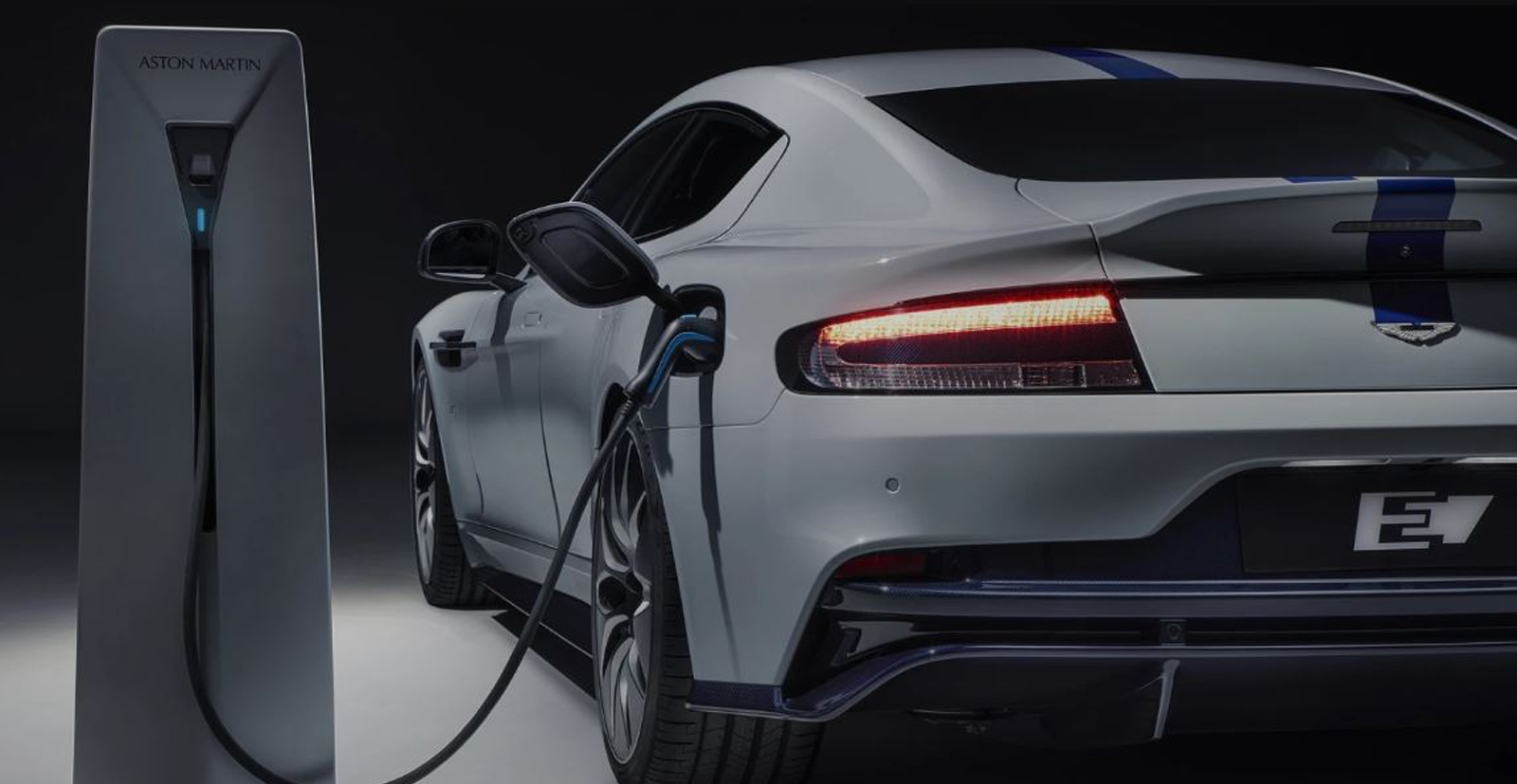
Electric vehicles (EVs) are changing the way we travel, making it cleaner and more efficient. By reducing emissions and urban pollution, electric vehicles are not only enhancing the quality of life in cities but also paving the way for a cleaner, greener future. The rise of this trend opens up numerous business opportunities, fostering innovation and economic growth within the EV sector, writes Vikash Kejriwal, COO, SKIL Cabs.
The shift towards eCabs is becoming a major trend in sustainable urban mobility. Electric vehicles (EVs) are changing the way we travel, making it cleaner and more efficient. This movement is fueled by the need to reduce emissions and cut down on urban pollution. As a result, many new business opportunities and models are emerging in the EV sector, showing that electric mobility is a true game-changer for our cities.
Environmental Benefits: eCabs, or electric taxis, offer significant environmental benefits. They produce zero tailpipe emissions, which means they don’t release harmful pollutants like traditional gasoline or diesel vehicles do. This helps reduce air pollution and improve the air quality in cities, making them healthier places to live. Additionally, eCabs run on electricity, which can be generated from renewable sources like wind, solar, or hydropower, further decreasing their environmental impact. By using eCabs, we can also reduce our dependence on fossil fuels and help combat climate change. Overall, the adoption of eCabs contributes to a cleaner, greener, and more sustainable urban environment.
Creates Goodwill: Using eCabs creates a positive impact and builds goodwill as more people are becoming aware and choosing sustainable living. Electric cabs, or eCabs, offer an environmentally friendly alternative to traditional gasoline-powered vehicles, significantly reducing harmful emissions and pollution in urban areas. As the public becomes increasingly conscious of environmental issues, the demand for greener transportation options has grown. Choosing eCabs not only helps to lower carbon footprints but also supports the development and success of eco-friendly businesses. This shift towards sustainable living resonates with many people who want to contribute to a healthier planet. Additionally, companies that invest in electric vehicles show their commitment to sustainability, which can enhance their reputation and foster trust among consumers. As more individuals and businesses embrace eCabs, the collective effort contributes to cleaner cities and a more sustainable future for everyone.
Technological Advances: The technological advances in eCabs are revolutionizing urban mobility by integrating cutting-edge innovations that enhance efficiency, sustainability, and user experience. At the heart of this transformation are sophisticated electric powertrains, which provide zero-emission propulsion, significantly reducing the environmental impact of urban transportation. Advanced battery technology, featuring higher energy densities and faster charging capabilities, ensures that eCabs can cover longer distances and spend less time off the road. Moreover, eCabs are increasingly equipped with smart systems and IoT integration, allowing real-time monitoring of vehicle performance, predictive maintenance, and efficient fleet management. Additionally, the integration of mobile apps and digital payment systems offers passengers seamless booking and payment experiences. With the ongoing development of autonomous driving technologies, the future of eCabs promises even greater advancements, potentially leading to fully automated urban transport systems that operate with unparalleled efficiency and safety. These technological strides not only make eCabs a viable and attractive option for city dwellers but also play a crucial role in the global push towards sustainable and intelligent transportation solutions.
Economic Advantages: Switching to eCabs makes good economic sense in the long run. Although the batteries will eventually need to be replaced, the overall savings from lower fuel and maintenance costs, along with government incentives and advancements in battery technology, outweigh the costs of battery replacement.
Right now, the eCabs and products available still need more improvements to make them more attractive. The economics of running EV fleets also needs more effort from everyone involved. This includes the government, car manufacturers, infrastructure providers, and businesses that use these vehicles. Even though there are challenges, the long-term and indirect benefits of switching to electric mobility are much greater. Electric vehicles cost less to operate because electricity is cheaper than fuel and eCabs have fewer parts that need maintenance. While buying an EV can be more expensive upfront, government incentives and savings on fuel and maintenance help make them more profitable over time.
Social Impact and Challenges: The rise of eCabs in India marks a significant shift towards sustainable urban transportation, promising substantial social and environmental benefits. Electric cabs, powered by renewable energy sources, have the potential to drastically reduce air pollution in densely populated cities, improving public health and contributing to a cleaner environment. Moreover, the adoption of eCabs aligns with India’s commitment to reduce carbon emissions and combat climate change.
Socially, eCabs create new job opportunities in the burgeoning electric vehicle industry, from manufacturing to maintenance and charging infrastructure. However, this transition is not without challenges. The high initial cost of electric vehicles and limited charging infrastructure pose significant barriers to widespread adoption. Additionally, the existing power grid must be upgraded to handle increased electricity demand without relying on fossil fuels, which could negate the environmental benefits. There is also a need for robust government policies and incentives to encourage investment in eCabs and to support consumers making the switch.
The shift towards electric eCabs represents a transformative step forward in the quest for sustainable urban mobility. By reducing emissions and urban pollution, electric vehicles are not only enhancing the quality of life in cities but also paving the way for a cleaner, greener future. The rise of this trend opens up numerous business opportunities, fostering innovation and economic growth within the EV sector. As we continue to embrace electric mobility, it is clear that eCabs are set to become an integral part of modern urban transportation, driving us towards a more sustainable and efficient future.
To Read More - https://evolutionautoindia.in/the-shift-towards-ecabs-a-growing-trend-in-sustainable-urban-mobility
